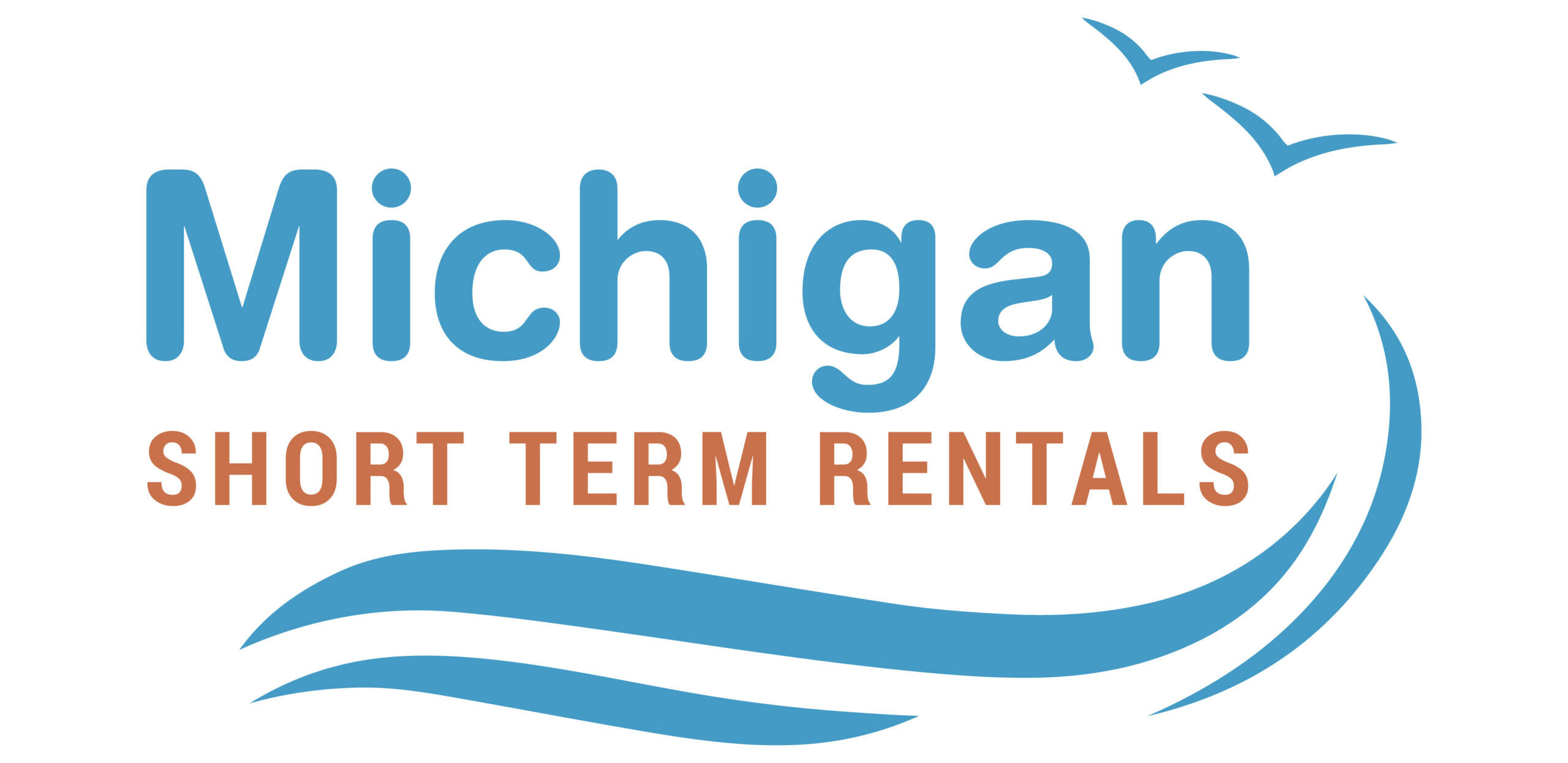With its vibrant promise of passive income and newfound financial freedom, the vacation rental industry has grown exponentially in the last decade. As more and more homeowners jump onto platforms like Airbnb and VRBO, it’s become crucial to understand the lurking uncertainties. Here’s a comprehensive breakdown of five significant risks and how to navigate them effectively.
1. Liability
Liability is an omnipresent ghost in the vacation rental world. Picture this: a guest trips on a loose floorboard, or a child gets a cut from a broken vase. Such incidents mar your hosting experience and can lead to extensive legal and financial implications.
- Aircover: A beacon in these murky waters is Airbnb’s Aircover. This initiative provides up to $1,000,000 in liability coverage, a safety net for hosts against potential lawsuits or claims. It’s a clear acknowledgment of the perils of hosting and a step toward assuaging hosts’ fears.
- VRBO’s Safety Net: Not to be outdone, VRBO extends similar liability protection, ensuring its hosts aren’t left in the cold should accidents occur.
- Supplemental Insurance: However, relying solely on these platform-specific measures can be myopic. Dive deeper with supplemental insurance from specialized providers like Superhog. These cater specifically to short-term rentals, offering coverage fine-tuned to the unique challenges hosts face.
- General Business Liability Insurance: This is the fortress wall in your defensive strategy. This broad-spectrum insurance shields against a gamut of claims and is especially valuable if you have multiple properties or high footfall.
2. Damage
If liability is the ghost, property damage is the lurking shadow for hosts. Each new booking brings the anxiety of potential mishaps, from wine spills to broken fixtures.
- Aircover & Insurance: Aircover does double duty here, offering protection against guest-induced damages. But remember, diversification is key. Augment this with additional insurance to fill in any coverage gaps.
- Deposits: An effective deterrent, security deposits not only serve as compensation in case of damages but also make guests more conscientious during their stay.
- Smart Furnishing Choices: The adage “prevention is better than cure” rings true. Opt for sturdy, durable, and less fragile furnishings. Not only are they more resilient to daily wear and tear, but they also offer longevity, reducing long-term costs.
- Consistent Supervision: Implement a system where cleaners and handymen play detective, keeping an eye out for early signs of wear or damage. Early detection can often lead to cheaper and simpler fixes.
3. Municipality

It’s not just the tangible aspects of your property you need to worry about. The intangible realm of local laws and regulations can be a minefield. A sudden ordinance or zoning change can render your lucrative property obsolete overnight.
- Stay Informed: Knowledge is power. Regularly check for updates in local laws regarding short-term rentals. Ensure you have the necessary permits and adhere to all stipulations.
- Community Relationships: A harmonious relationship with neighbors can be your early warning system. Their goodwill can often lead to friendly advice about impending changes or even support in local council meetings.
4. Income Volatility
The fluctuating nature of the vacation rental market means there’s always the looming risk of not hitting your income projections. Seasons change, traveler trends shift, and global events can massively impact bookings.
- Rental Flexibility: Hedge your bets. Ensure your property can effortlessly transition between short-term, mid-term, or long-term rentals. This agility can be a lifesaver in off-peak seasons or during unforeseen downturns.
5. Economic Fluctuations
Larger economic forces, be it recessions, pandemics, or geopolitical tensions, can stifle travel. Moreover, inflation can wreak havoc on your profit margins, escalating operational costs.
- Diversification: Don’t put all your eggs in one basket. List on multiple platforms and consider alternative rental models, such as targeting business travelers or offering experiential stays.
- Cost Vigilance: Regularly audit your expenses. Renegotiate vendor contracts, seek bulk deals, and employ energy-saving measures to counteract rising costs.
While the allure of vacation rentals is undeniable, a successful venture demands vigilance, foresight, and adaptability. Equip yourself with these tools, and the road ahead will be profitable and enjoyable.
